The Week in Social: Galleries, Google Lists, and Facebook TV

Instagram Gallery
The conundrum of leading an amazing life on Instagram: how many pictures of my amazing day can I share before I hit friend feed fatigue? Thankfully, the answer is on the horizon. Instagram is working on a Gallery Post option much like Facebook’s. The option enables several pictures to be contained in a single post space, thus ending the stress of deciding which stunning selfie you’ll upload today. The rollout details remains to be seen. For now, we recommend the time-tested rule: shoot plentifully, edit brutally.
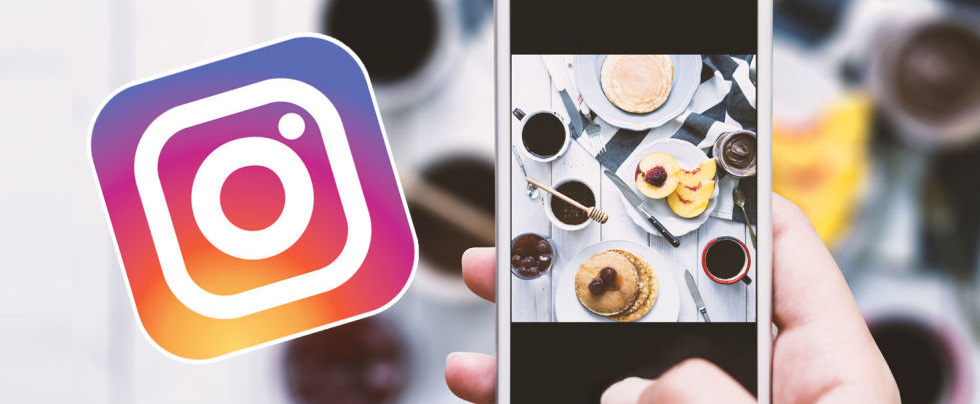
Read more at Cosmo
Google axes 30-second ads
YouTube’s un-skippable 30 second pre-roll is going the way of the Dodo. Though some brands turned this annoying disruption into an opportunity, most ads only tested the viewers conviction. At the start of an ad, we have all decided, “On second thought, this video is probably not worth it.” YouTube says they’ll be replacing the ads with something that serves brands and viewers better by 2018.
Read more at The Next Web
Google Lists
Recently, I sent a note to my tribe to let them know I was taking my first trip to New Orleans. What I received in return was everything from multi-page word docs, to categorized, bulleted lists of must-see spots. The unorganized array of info resulted in hazy, street-level recollections of recommended shops and restaurants. Oh, how I wish I had Google Lists at the time! The new feature for Google Maps allows you to curate local spots into a custom list. With a few easy taps, you can share that list to your squad, or to the world.
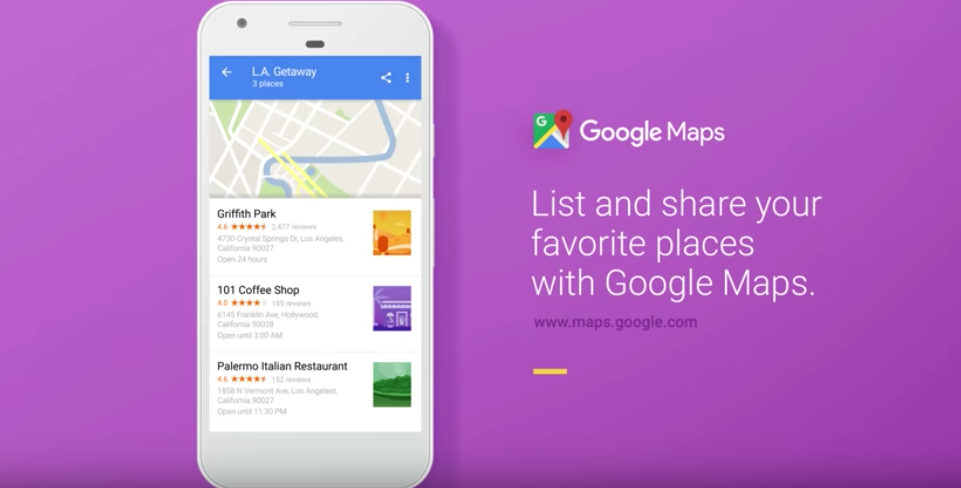
Read more on Google’s Blog
Millennial gamification
Obsessive about their mobile devices, always seeking an endorphin charge, and at the center of the marketing world; Millennials are a tough crowd. 12 Members of the Young Entrepreneur’s Club weighed in on using gamification to strike deeper impact with the most-connected generation. Thoughts include adding social-cause elements, shareable content, easter eggs, and design for delight.
Read more at The Next Web
Twitter paring down advertising
Twitter leads the market in delivery of instant news. However, ad sales for Twitter’s promoted posts continue to decline. The quarterly report reveals that the ad models which have been around since 2010 continue to lose value, meanwhile second-screening and providing network for real-time discussion remain strong. Twitter will be looking for the best ways to monetize its true strengths in 2017, which we expect to include larger network content partnerships and streamlining the entry point into event-based conversations.
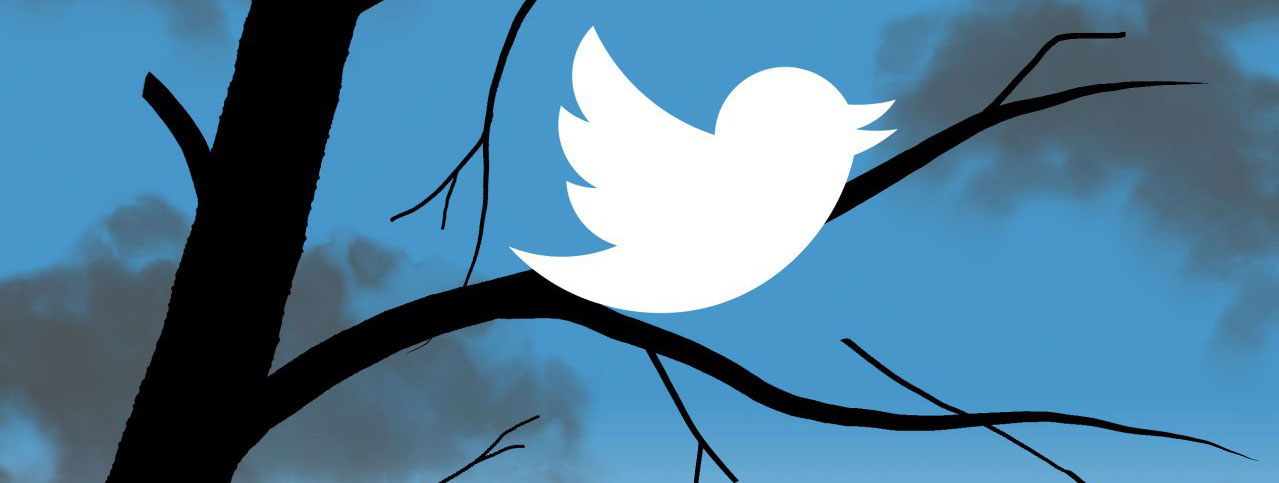
Read more at TechCrunch
Facebook auto-audio
Facebook is flipping the switch on audio for auto-played videos. Viewers will soon find that the auto-play videos in their feed will now be audible by default, a potentially awkward moment for office workers around the world. We’ve known that part of intelligently grabbing attention with video is the understanding that the first seconds may be purely visual, until the user can turn sound on. We’ll be watching how Facebook users react to the change, and which brands use this new super power for good.
Read more at Recode
Millennial Males use streaming for … everything
The cords are being cut. More than half of millennial males are no longer paying for cable TV. Instead, they look to streaming services for news and movies. An infographic from Videology reveals that 75% of those surveyed would sooner give up cable than streaming services. Since cord-cutting has been en vogue for years, we’re waiting to see how cable TV providers react to keep their customer base. Their core decision will be if they can offer a service model that competes with the ease of on-demand video. Or, if they will change their pricing model for internet access to gain revenue off the back of streaming.
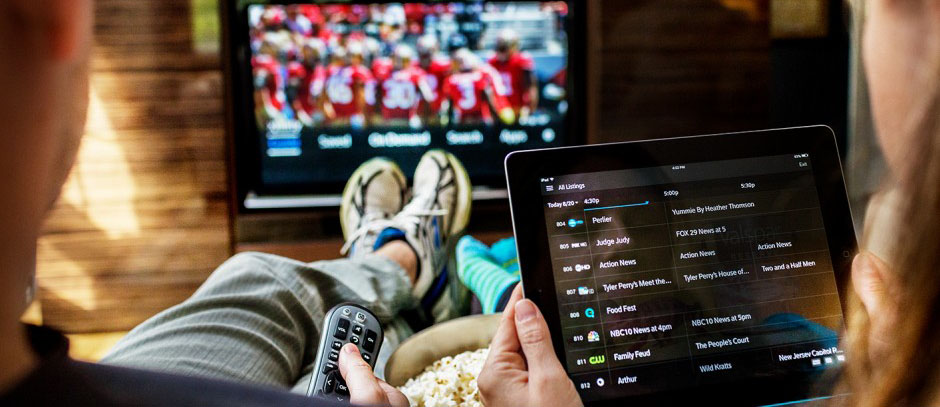
Read more at The Drum
Facebook’s TV app
Facebook continues to aggressively target YouTube’s market share. A big step this week is the announcement of a stand-alone TV app that provides users dedicated video access on mobile, or to stream video to other devices. With the app, Facebook will certainly begin competing beyond UGC and sharing. This will naturally grow into larger-scale media efforts to compete with Netflix and Hulu. The venture fits perfectly into millennial’s media ecosystem. Sharp eyes will be watching to see if the effort is ad-revenue driven, or if we’ll see FB’s first paid subscription model.
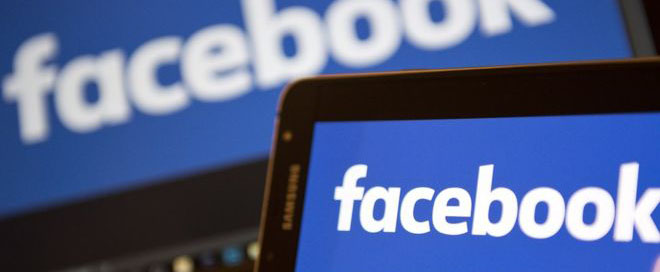
Read more at BBC
Yelp adds Q&A
Yelp, the equally celebrated and maligned business index, is getting an intriguing update. Users nation-wide will soon be able to ask questions directly to a business or venue. Those same businesses, along with other Yelp users, will have the option to answer. Brands should watch for who uses this new feature best, since Yelp is handing local businesses a new customer generation & support channel.
Read more at TechCrunch
1 Billion auto-captioned videos
YouTube announced that 1,000,000,000 videos have been published with auto-captions. Further, those videos are viewed 15 million times daily. This is important for brands to consider, since 360 million people have some form of hearing loss. But, there is a bigger opportunity. Once Google has auto-captioned your video, it can translate those captions into 9 other languages. Google’s caption capture isn’t perfect, and your brand should manually review/edit before distributing. Otherwise, hilarity might ensue.
Read more at VentureBeat
Creators of Musica.ly create new video messaging app Ping Pong
The fourth app that is part of the Musica.ly family, Ping Pong is a video messaging app meant to appeal to the younger audience. The app appears to be the Musica.ly company’s push into socializing its app experiences, as an earlier iteration of Ping Pong, called Squad, featured group video chatting. Ping Pong allows for one to one video messaging. There has not been much press and a real official debut behind the launch, so potentially the company is looking to see user preferences with a quiet launch ahead of tweaking.
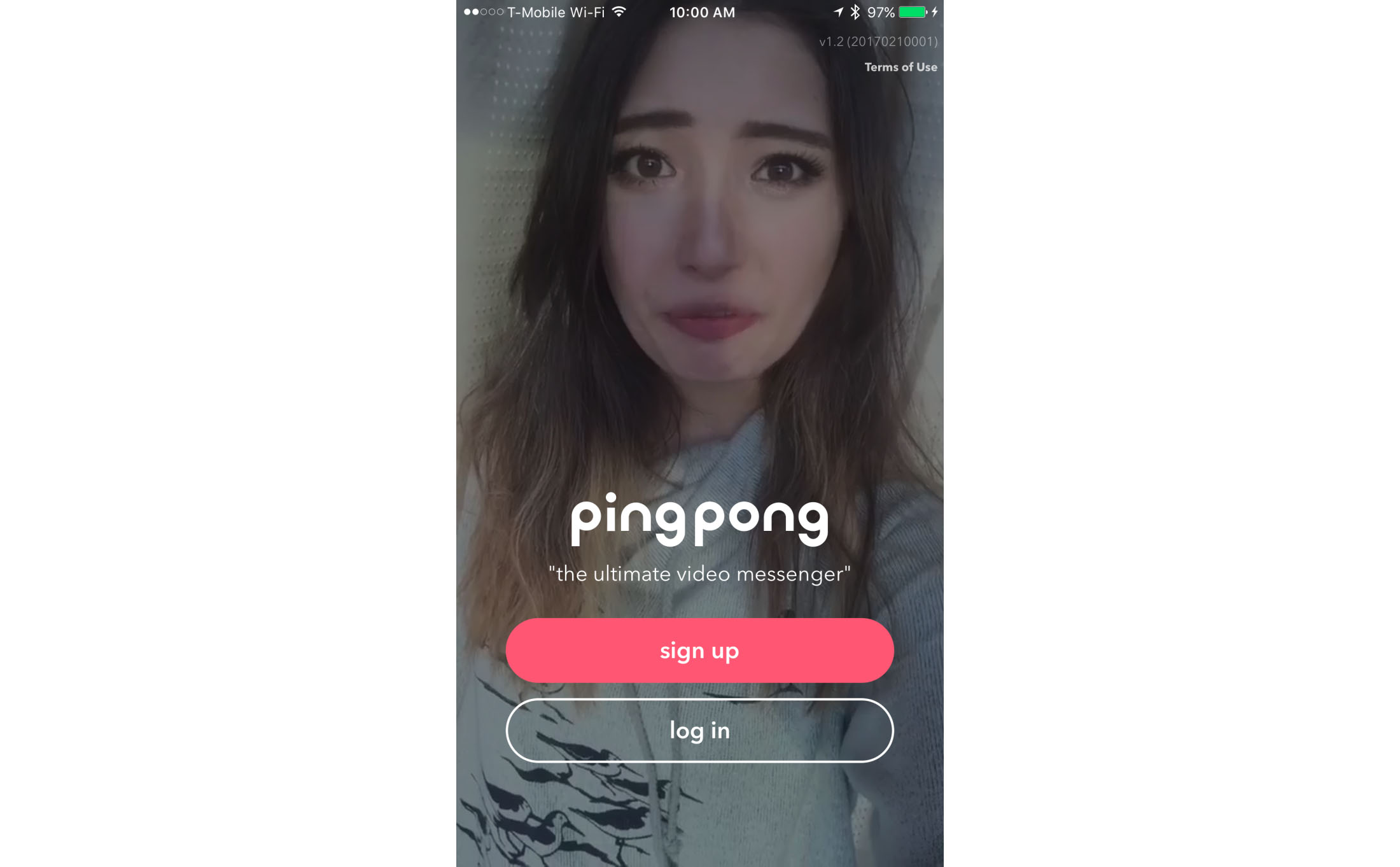
Read more on TechCrunch.
Sponsored Instagram Costs
The spotlight on Influencer Marketing is holding steady in 2017. A report from Influence.co lists the most lucrative niches for Instagram influencers. Modeling and Photography command the highest dollars per post, with a cost the scales up with the size of the influencers’ audience. The report also reveals that as an influencer’s audience size goes up, their engagement rate goes down. As the year comes on, brands need to ask if their goals are met with one high-cost celebrity, or multiple lower cost influencers with a more engaged audience.
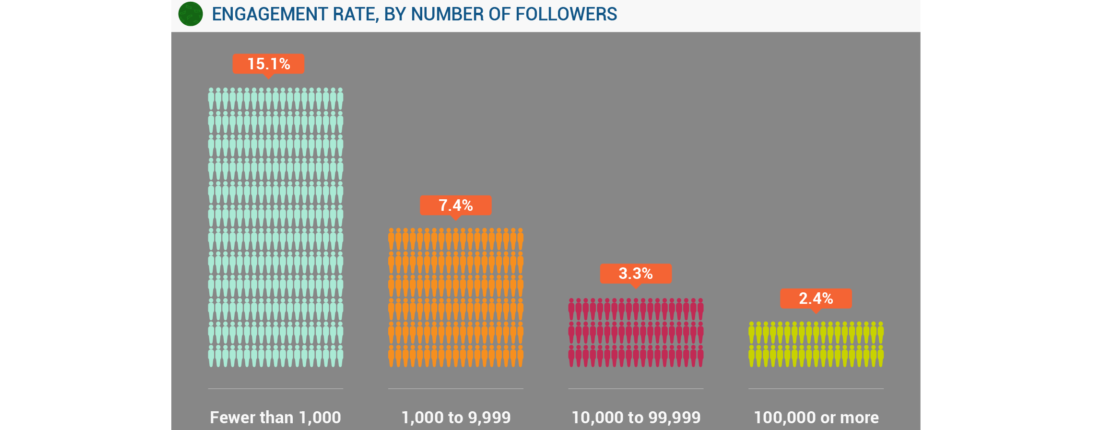
Read more at AdWeek